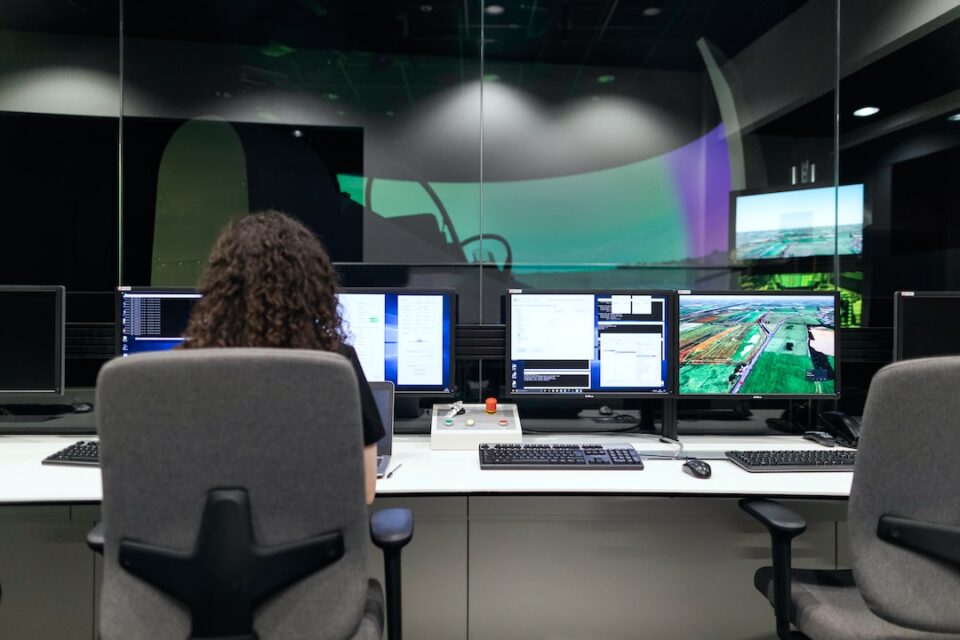The internet and technology have brought a wealth of benefits to our lives, from the ability to connect with others around the world to access vast amounts of information in just a few clicks. However, with all of these benefits, there are also darker aspects of technology that need to be addressed. One of these is cyberbullying and online harassment, which has become an increasingly pressing issue in recent years.
Cyberbullying can take many different forms, from threats and insults to the spreading of rumors or embarrassing photos. It can occur on social media platforms, through texting, or in online gaming communities. One of the main problems with cyberbullying is that it can be difficult to escape. With constant access to technology, the victim may be targeted at all times of the day or night, and there is no safe space to retreat to.
The effects of cyberbullying can be devastating, particularly for children and teenagers who are most vulnerable to this kind of abuse. Victims may experience anxiety, depression, and even suicidal thoughts as a result of the bullying. The effects can also be long-lasting, with some victims carrying the trauma of cyberbullying with them well into adulthood.
Online harassment is another form of technology-fueled abuse, and one that often targets women, people of color, and other marginalized groups. Online harassers may use social media platforms to attack their targets, using slurs, threats, and other abusive language. They may also send unwanted messages or engage in doxxing, where private information is posted online with the intention of embarrassing or intimidating the victim.
Like cyberbullying, online harassment can be difficult to escape. Even if the victim blocks the harasser or leaves a particular online community, the abuse may continue on other platforms or in real life. The psychological effects of online harassment can be profound, with victims experiencing stress, anxiety, and a sense of isolation.
So, what can we do to address the dark side of technology? The first step is to recognize that cyberbullying and online harassment are serious problems that need to be taken seriously. Parents, educators, and technology companies should work together to develop strategies for preventing and responding to this kind of abuse. This might include teaching children how to use technology responsibly and safely, as well as providing support to victims and holding harassers accountable for their actions.
Another important step is to create safe spaces online where victims of cyberbullying and online harassment can turn for support. This might include forums and online communities that are dedicated to addressing these issues, as well as hotlines and helplines that can provide immediate assistance to those in need.
Finally, we need to work to change the culture around technology and online behavior. This includes promoting empathy, kindness, and respectful communication online, as well as standing up to those who engage in abusive behavior. By working together to tackle the dark side of technology, we can create a safer, more compassionate online world for everyone.

